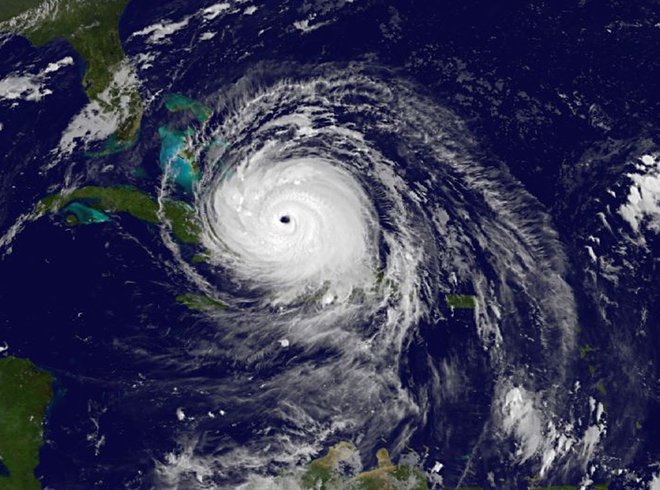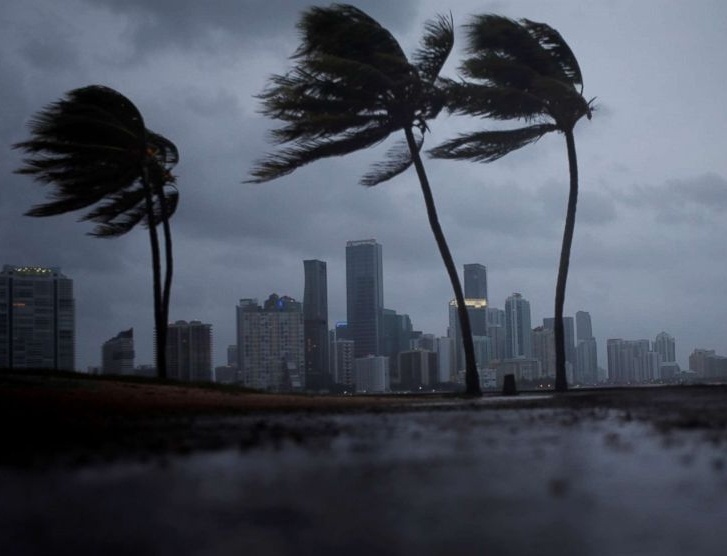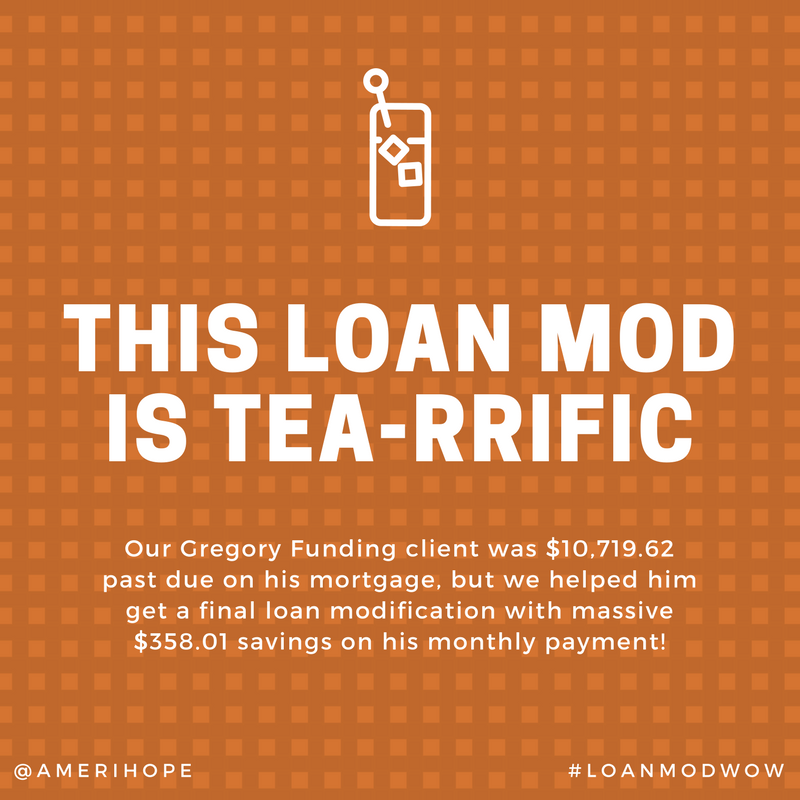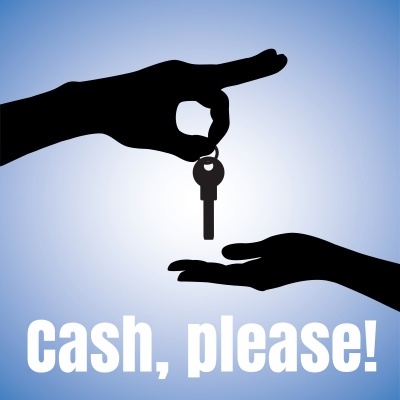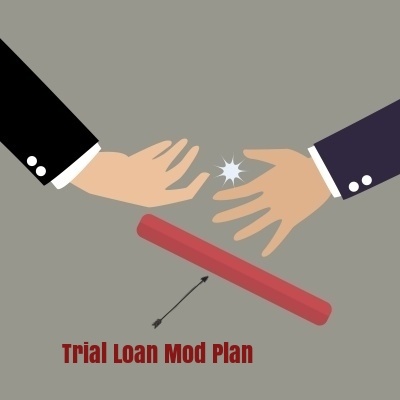Disclaimer: These results should not be taken as a guarantee, as each case is unique. We have helped over 7,000 homeowners. Here are some of their stories.
Every week we obtain loan modifications for our clients with a variety of loan servicers. You can see these results as they are announced on Twitter (#loanmodwow) or Facebook. Here are some of our results from this week with Bayview, Caliber, Ocwen, SLS, and Carrington:
Bayview
Our Bayview client was $31,554.20 past due on his $1,309.87 a month mortgage payment, but we got him a three month trial loan modification plan with amazing 52% lower payment for $685.67 monthly savings!


